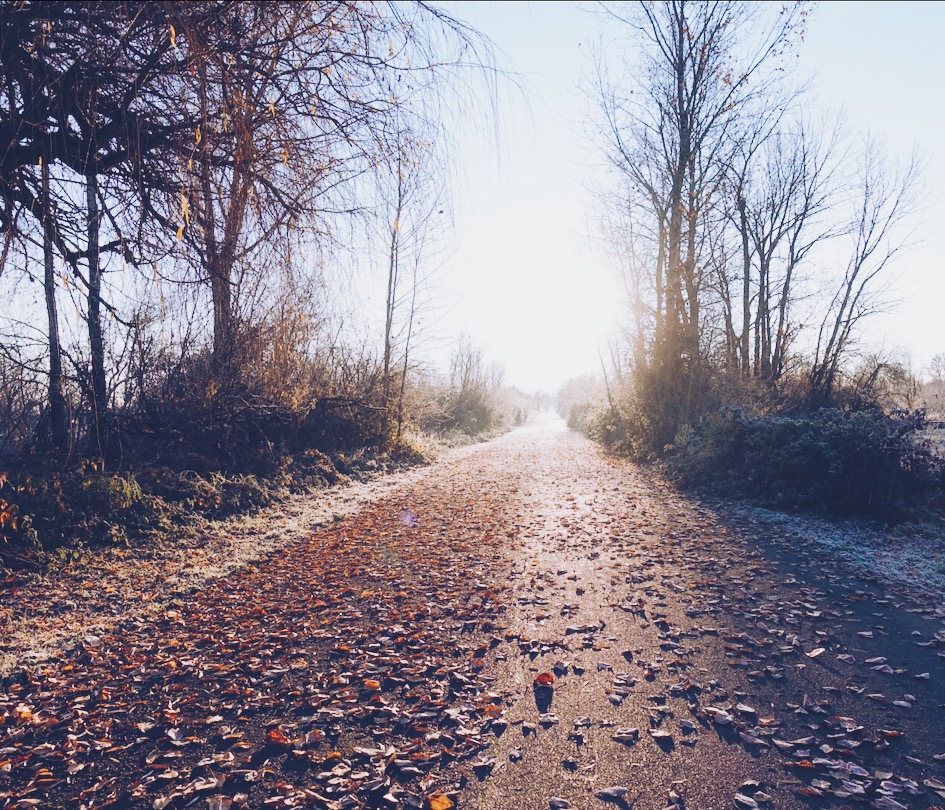work, in progress
/They've torn down the old apple trees and the thicket of blackberries along the trail. In their place are sections of chain link fence held together with orange construction tape. Our town is growing. The airport needs a new access road. Warehouses will go up, businesses will move in; more houses will need to be built.
So much of life feels like it is going the way of the fields and the apple trees right now. The planet is at the mercy of unchecked prosperity; culture is trying desperately to keep up with technology and rapid change; our bodies are reeling under the weight of industrial pollutants and foods. Personally, we are facing the reality of a truly empty nest, trying to imagine what marriage, what life itself, will look like in a pared down environment. Some days I feel like my hands are clutching sand.
~~
Processed with VSCO with a5 preset
"My work is loving the world," Mary Oliver wrote. When we first moved here we made ourselves promise to notice the landscape. To really see it before progress changed it. We set out to appreciate the open fields and hedgerows, the stands of trees along the rambling creek, the stillness of all that open space. I know the curves and hollows of our trail by foot because we've walked it nearly every day for years - in the freezing cold, the rain, the fog, the heat. We've even walked it in the dark with only the light of the full moon. Day by day it has become our own. Not in the sense of physical ownership, but through familiarity, and understanding.
The changes are hard to take. I was angry after the loss of the thicket and the trees, the wide fields. And there's a part of me that's angry that I can't keep my children near me forever. It is natural in us to feel jealous, possessive, of what is beautiful and good.
~~
There's a book I've been reading slowly, about the first Oregonians. The ones who walked this land before my ancestors arrived to cut down the trees and make farms, dam the rivers, cut in roads, build power plants and fast food restaurants, kill the wolves and over fish the salmon. The piece of land that our little town inhabits used to be an annual meeting place for the Northwest Tribes. I think of them lately, how it was to watch others encroach and change, to watch the things they loved being stolen and - to their minds, at least - ruined. How do you find the grace to live in the middle of such a painful dismantling and not give up hope? I don't think they knew; there is no answer in the book I'm reading. There is no sure answer in my heart.
I keep going back to Mary Oliver:"Let me keep my mind on what matters, which is my work, which is mostly standing still and learning to be astonished."
This is important, I think, this matching of work with standing still, with astonishment (and in her first line, with love.) Lack of these things seems to be at the root of so many of our problems today. How can you preserve what you are too busy to see? What you do not value, let alone love? To train ourselves to focused wonder, to unembarrassed cherishing, to standing still and seeing, and to consider such things our life's work. Maybe that's a way forward, even if it's not a solution to the loss.
Before the bulldozers came this fall I watched a red-tailed hawk pirouette over these now broken fields. She wasn't hunting, she was playing. I stood and watched her for a long time. She dove and swooped, bolted upwards and then floated down with her wings wide-spread to skim across the surface of the tall grass. Over and over again she danced, drinking in the goodness of the sun, the air, those shimmering fields. I came home and recorded it in my journal, the abandonment, the sheer joy of it. The words are still there now, and as soon as I read them they conjure for me again the beauty of that morning. The bulldozers have taken the field, but the hawk and her dance, the joy, are my own. Today when I passed by the same spot, I searched the sky for her but she wasn't there. The field was full of tire tracks and churned mud, the footprints of progress. But along the edge, where the fences wobbled, was a bright stand of tansy and the red-brown tendrils of the blackberry vines that are never deterred for long. I smiled to welcome them back, to encourage them to find the gaps, to stake a foothold in our changed and changing world.






